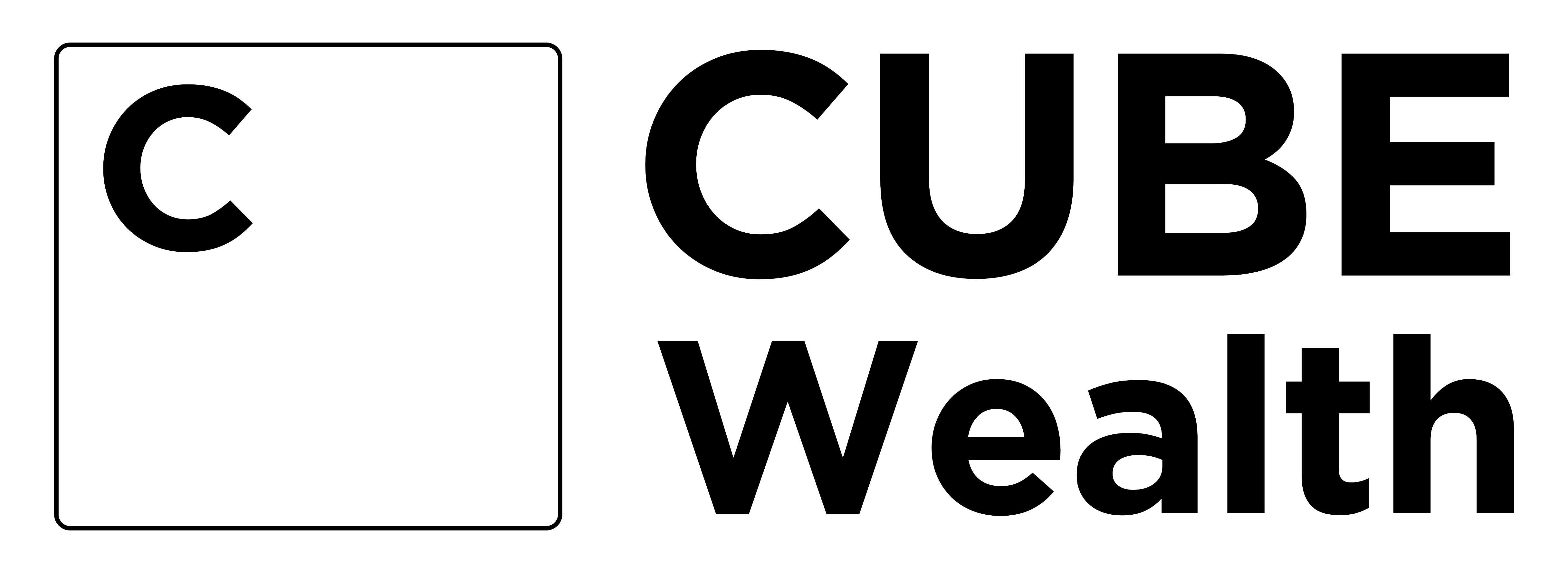An IPO launch is a very methodical and complex process that takes diligent planning and execution. Going public isn't easy and even the smallest mistake or negative press can deter future investors.
The Indian financial landscape is no stranger to IPOs. Some of the biggest Indian IPOs were worth over ₹10,000 crore with the largest one being Coal India IPO valued at over 15,000 crore. Reliance power, General Insurance Corporation and Oil and Natural Gas Corporation IPOs as close competitors.
But who are the people involved in the execution? Just how much effort does it take to launch an IPO? This blog will answer these questions and more. Before we find out more about the intermediaries involved in an IPO, let's understand what an IPO means.
What Is An IPO?
An Initial Public Offering allows a privately owned company to a become public. This is commonly referred to as 'going public'. The company issues IPO shares in 2 ways:
1. Fixed Price
2. Book building
Once public, the company can get capital investments from public investors and trade on the stock exchange.
While buying in cheap and banking on growth are features of an IPO, it is important to know that not every IPO will result in a great profit. Although you could potentially earn high returns, the risks are also high.
Regulations and guidelines created by the Securities and Exchanges Board of India (SEBI) must be followed when a company decides to go public. Keeping these guidelines in mind, there are four intermediaries that are associated with an IPO. Let's look at each IPO intermediary in detail.
4 IPO Intermediaries And Their Roles
1. Lead Merchant Banker
The role of a merchant banker can be divided into two parts:
Pre Issue includes conforming with the regulations of SEBI and other authorities and completing the requirements necessary for listing shares on the Stock Exchange.
The Post Issue Role consists of managing escrow accounts, ensuring that unsuccessful applicants receive a full refund, issuing share allotments and making sure that agencies are following the laws created by SEBI for the IPO process.
2. Bankers To The Issue
Bankers to the issue are professionals that are responsible for issues such as:
- Dividend payments
- Transfer of funds
- Refunds to unsuccessful applicants
Their role is crucial in the process of transferring funds and in finalising the basis of allotments.
3. Registrars
The Registrars are appointed by the company going public to create a total list of eligible applicants by removing ineligible or faulty applicants. They also allocate shares to applicants based on the guidelines provided by SEBI and process refunds when required.
4. Underwriters To The Issue
Underwriters are individuals who agree to buy shares from the company in the case that they don’t get sold. They create a profit, deciding on the value of the shares, buy them from the company and sell it for a higher cost through a network they created.
They also charge a fee for their service as they face the risk of the shares bought to not be sold.
Summary
The process of launching an IPO takes 6 months to 1 year with several intermediaries working towards diligent execution. IPOs are highly transparent and create a safe environment for investors.
At the same time, there are risks of investing in an IPO. 100 out of the 164 Indian IPOs since 2008 are trading well below their issue price. Consult a wealth coach or download the Cube Wealth app to know more about investment options better than an IPO.
More blogs from our IPO series:
1. How To Invest In An IPO Online?
2. What Were The 9 Biggest Indian IPOs Ever?
3. List of Current IPOs & Upcoming IPOs of 2020 in India
4. 7 Best IPOs Of The Year 2019













